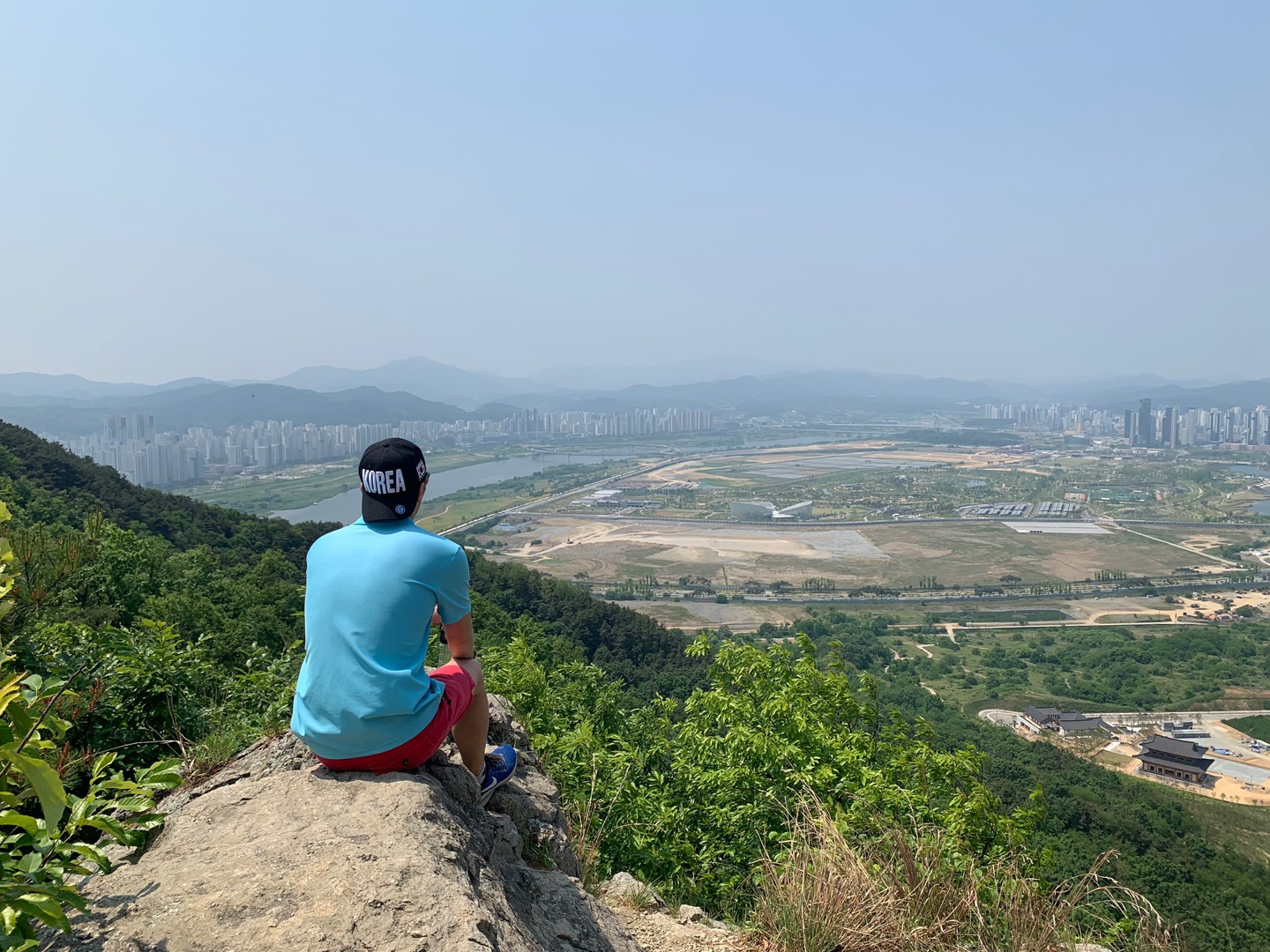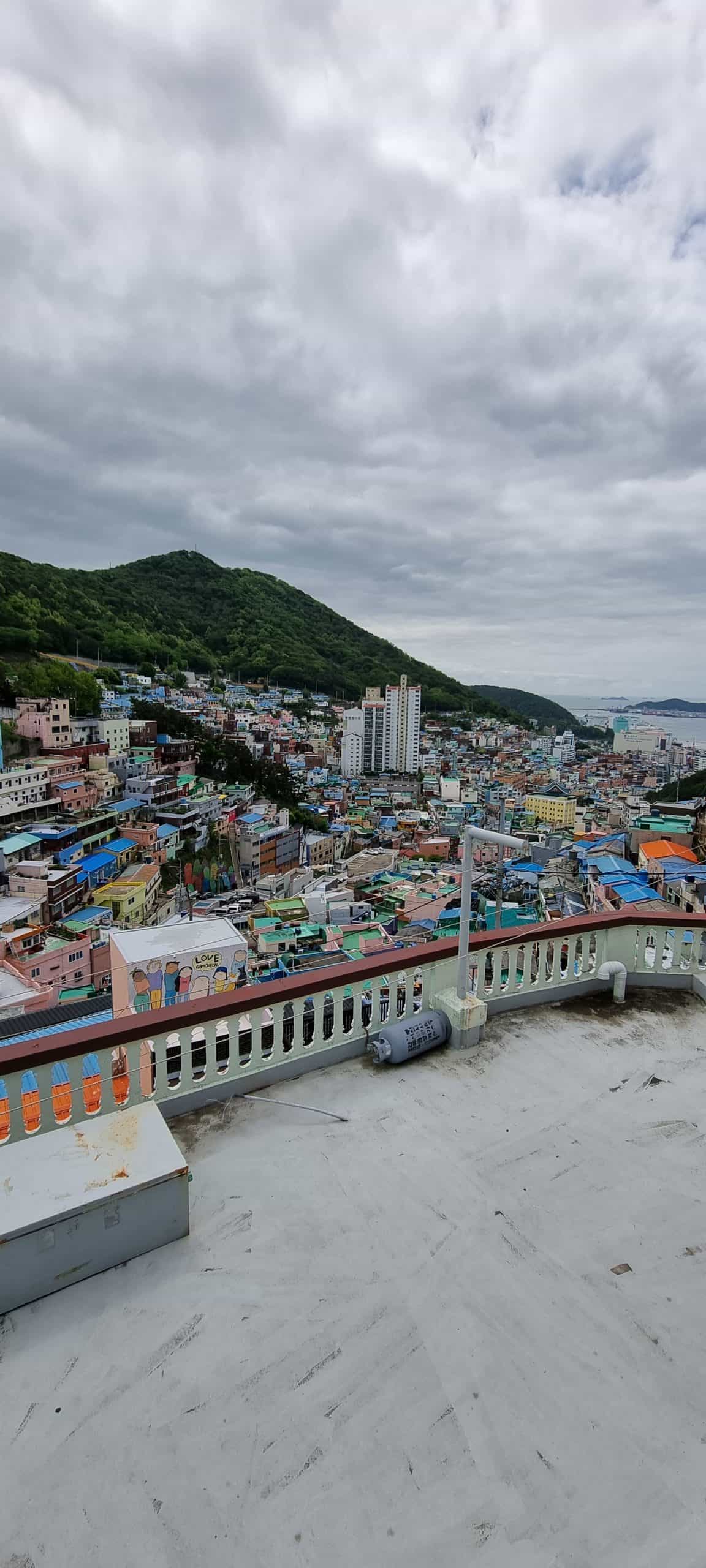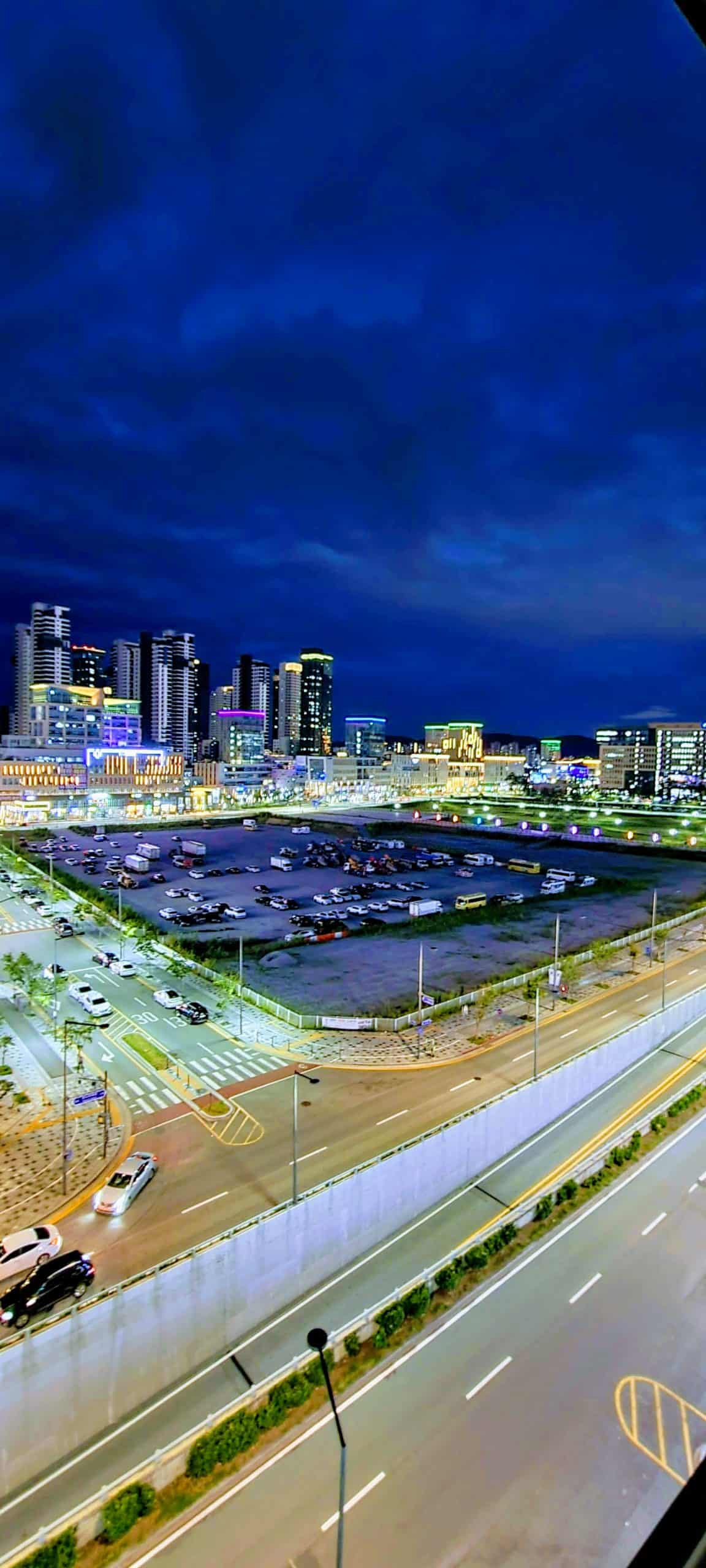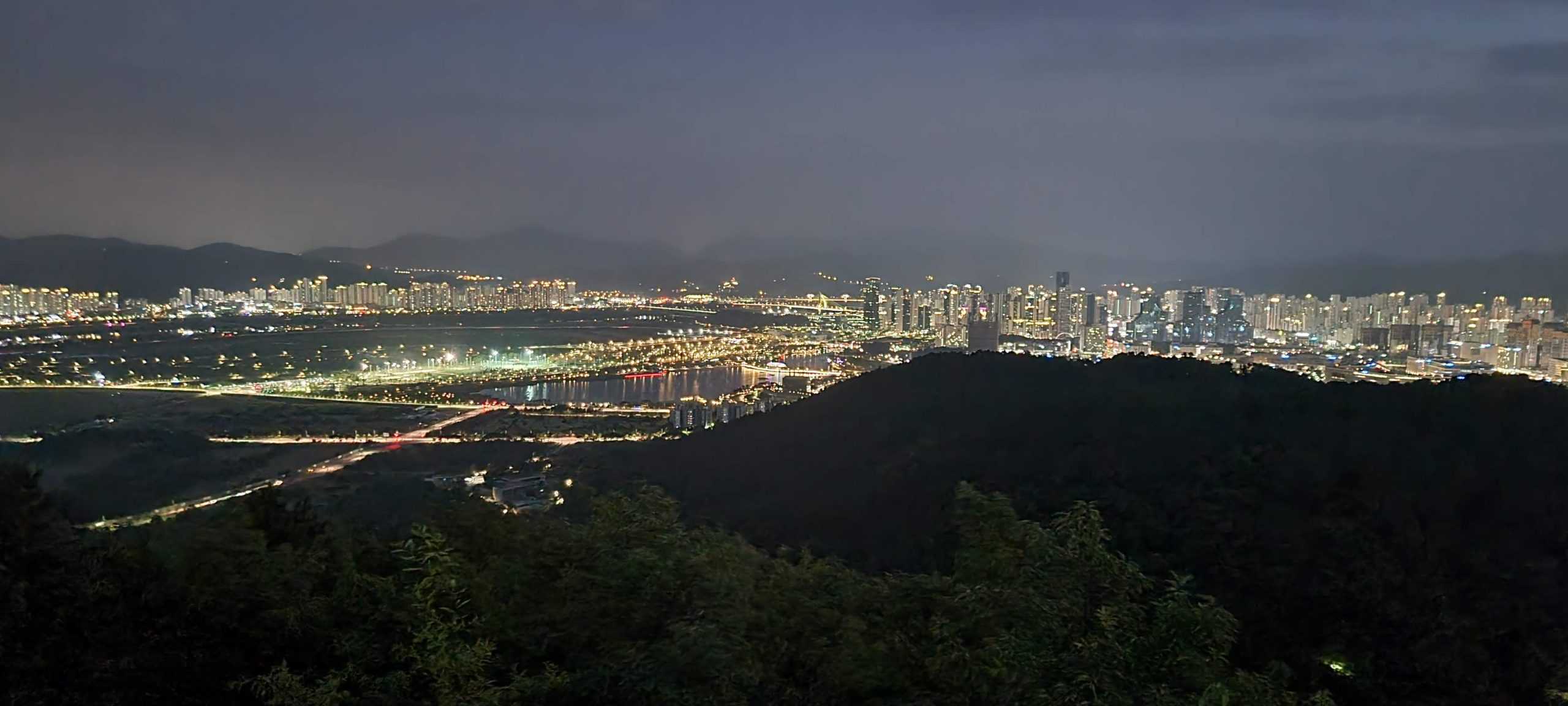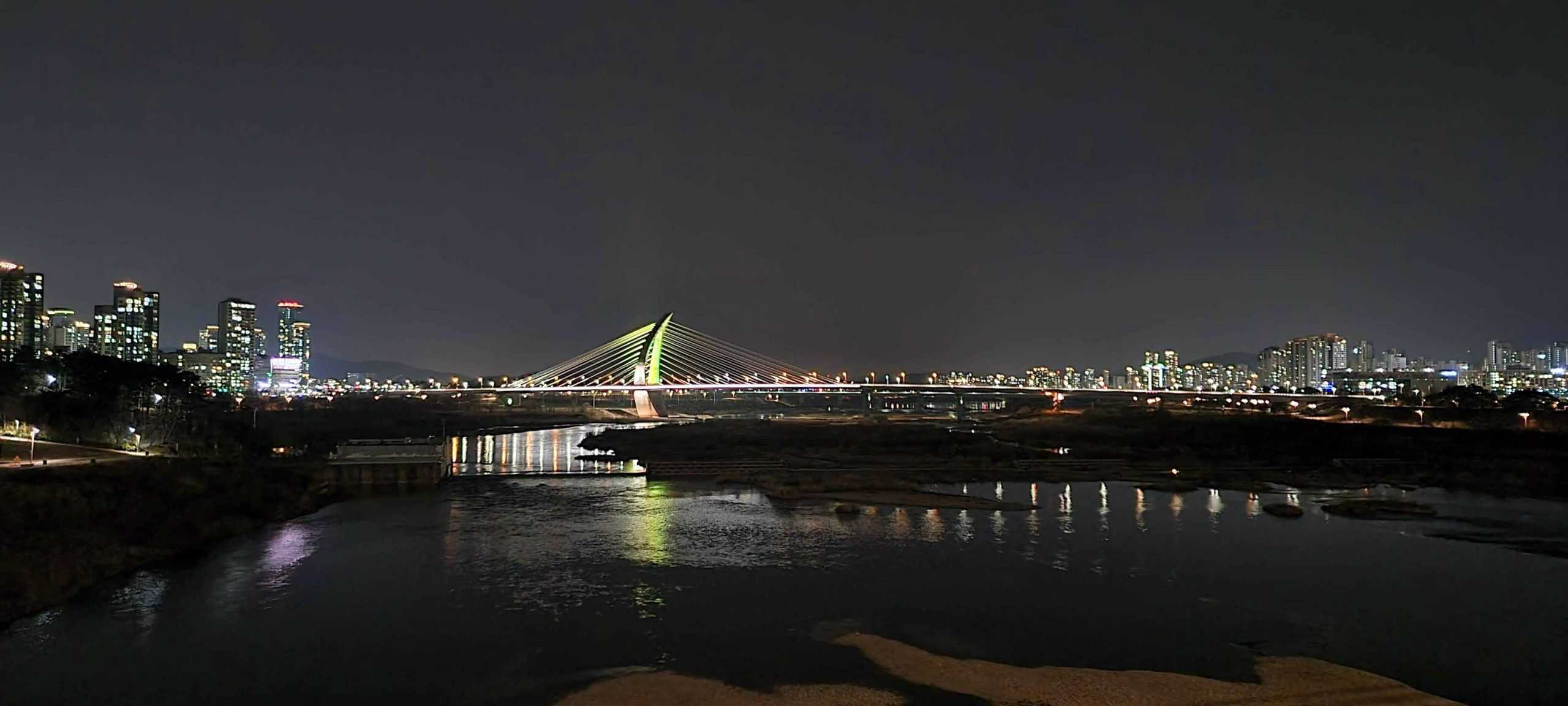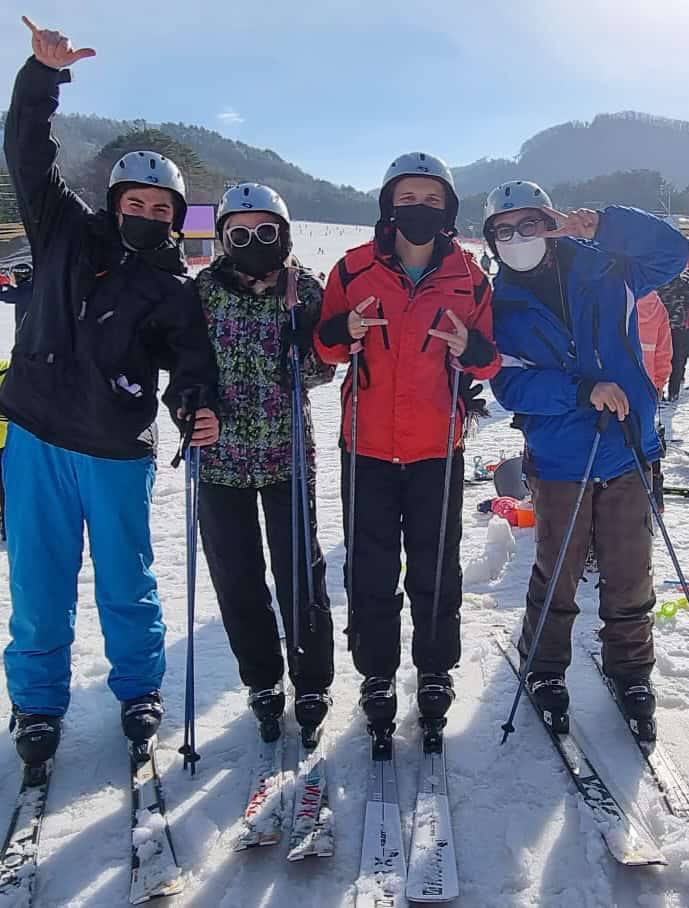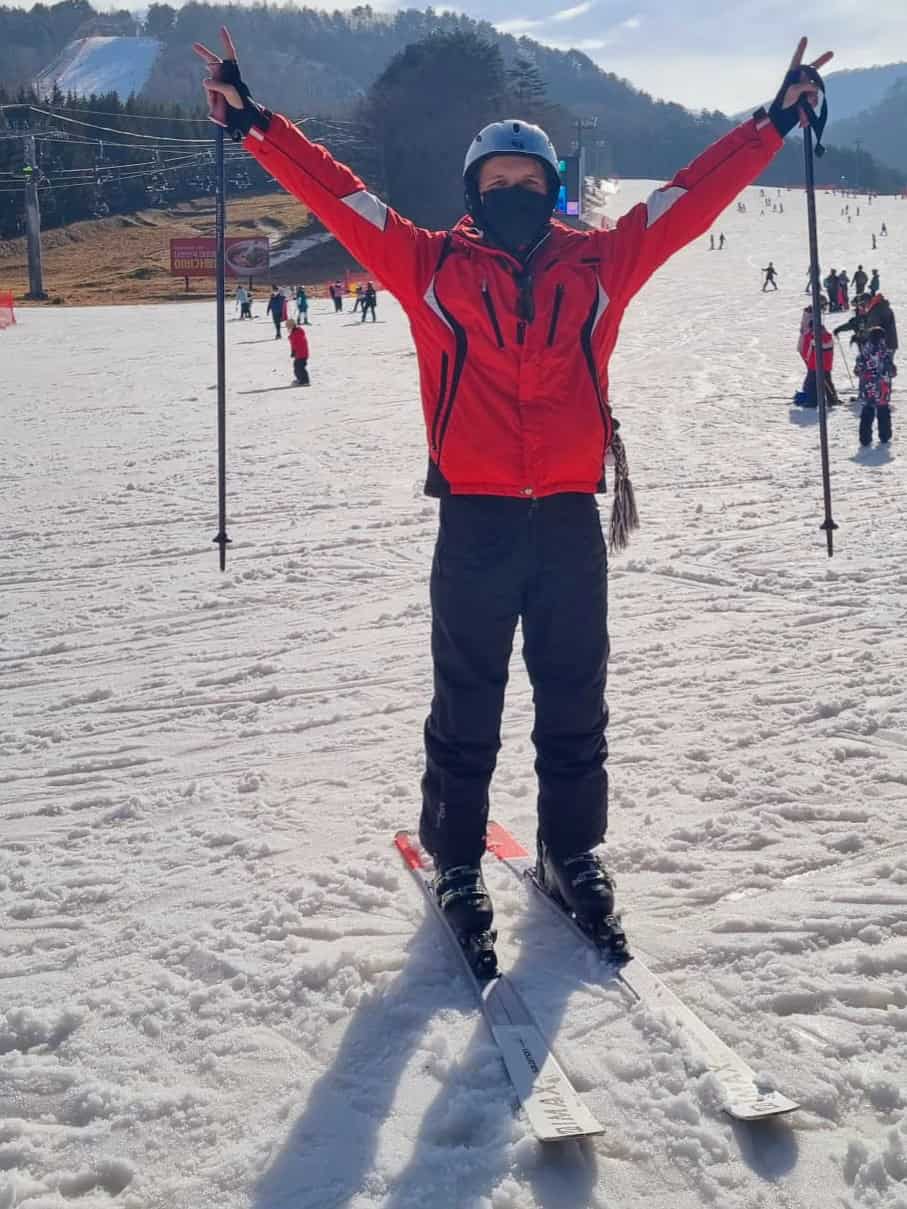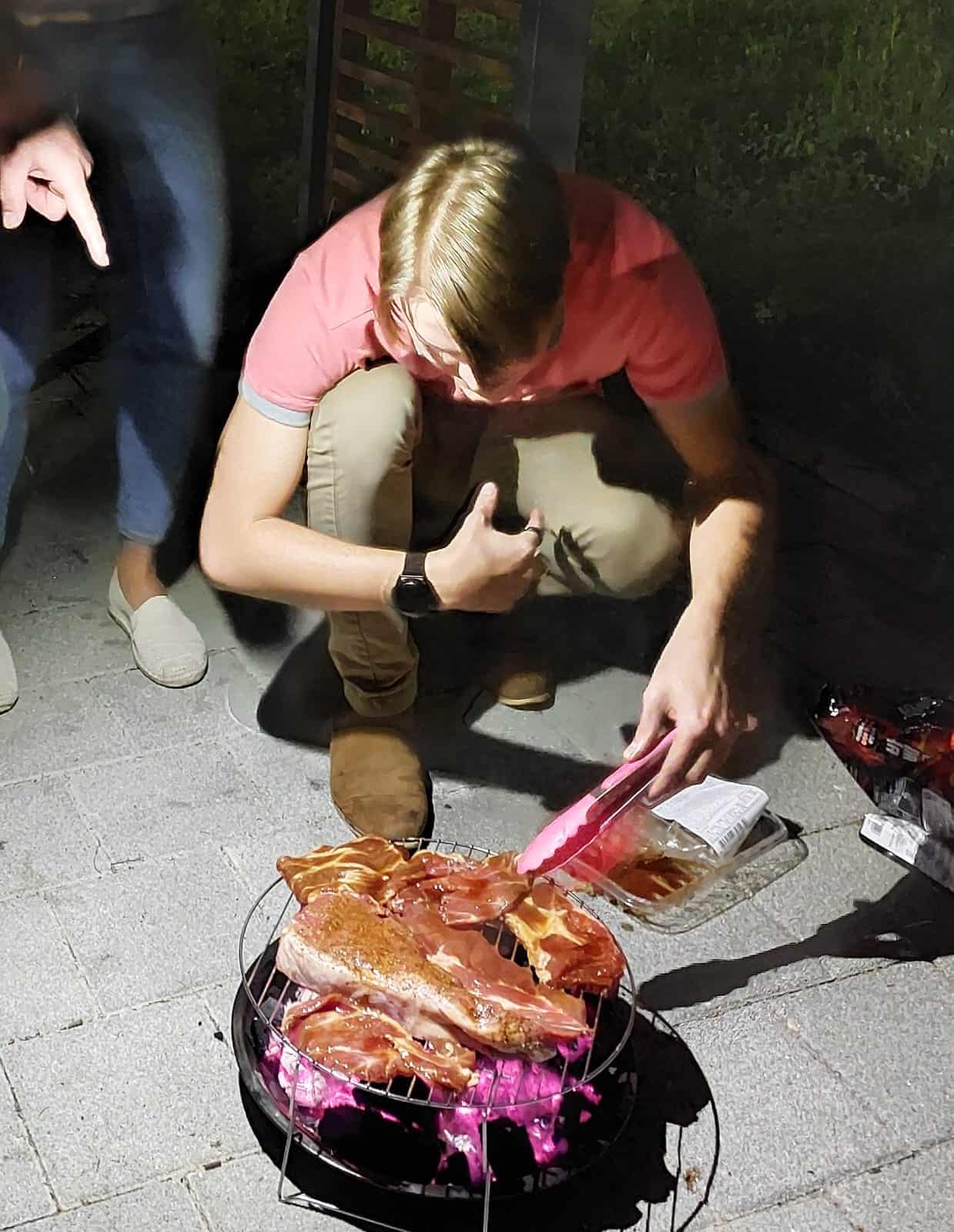Out and About is a column where we chat with people who currently live abroad, or who used to live and work abroad. This week we chat with Maarten Muller who lives in South Korea.
Hello Maarten, tell us more about where in the world you are and why you decided to go there specifically.
I currently live in Seong, South Korea. It is a new city that was only established in 2012. It is therefore a lot different from the “normal” Korea. It is more modern and open, and one can easily forget that you are in fact living in Korea.
I have always wanted to visit an Asian country. Korea was the country where I had the quickest and easiest access to realise my dream. I originally only planned to head here for one year, but it has now been two years and four months already.
Adapting to a new country can be challenging, what were the strangest things you had to get used to?
I had thought about what the most difficult challenge would be once I arrived here. The language, the food or culture? Interestingly enough it was none of those three for me. The strangest and most difficult thing for me is still the fact that everything abroad is temporary. The most important being friendships. You meet such wonderful people and build good relationships, but everyone eventually goes back home. And you realise that your turn will be coming as well. It sometimes makes it difficult to put yourself out there, but you know you have to do it. Otherwise, you will always regret the time and opportunities you have missed.
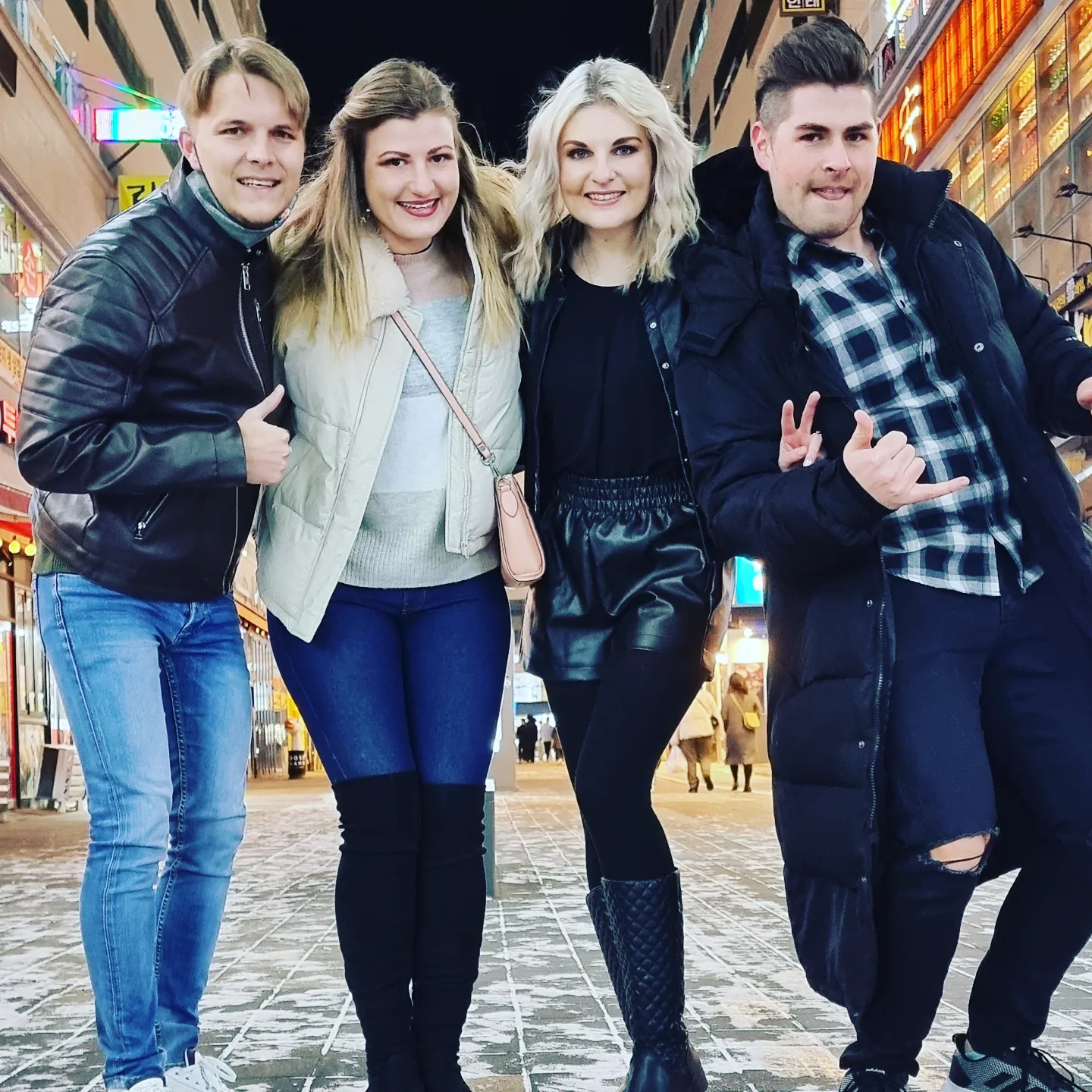
Are there any South African shops close to you where you can buy comfort food?
If you ask any South African in Korea where you can get hold of biltong, KWV or a lamb chop, they will immediately tell you to go to Braai Republic. It is a South African restaurant in the capital Seoul, as well as in Pyeongtek. Whenever I get homesick, that is the first place I go to. They always offer a wonderful experience with the most wonderful food.
I have seen “springbokkies” on the menu at several Korean bars, which is obviously something that is hard to turn down.
Tell us more about your job. What does your typical day look like? Is life more laid-back there and do you have more time to relax?
I am an English teacher in Korea. I teach 6- to 10-year-olds. In Korea they are 7 to 13 years old. In Korea you are already one year old on the day you are born and every person ages one year on the first of January. So, if you are born on 31 December, you will be two years old on 1 January – not two days.
A normal workday runs from 09:00 to 18:00. There are however schools that only open at 14:00 and end sat 22:00. Currently I teach eight classes every day. It is a very physically and mentally challenging job, but it has its rewards.
Korea has a “ppalli ppalli” culture. It basically means that everything must happen “quickly quickly”, whether it is in a professional, social or academic setting. Personally, I feel there is less time during the week to relax, but because of the fact that I work so hard during the week I make more time over weekends to relax or explore the world.
How did you manage to fit in and start making friends? Are you mainly friends with people from South Africa or have you made friends from other cultures?
I am in a very fortunate position that I work at a school with a lot of foreign teachers. I am mostly friends with South Africans, but have also formed friendships with people from Korea, America, England and China.
A few of my friends have also subsequently decided to come to Korea and I got to know new people through them.
It also helps to join some of the travel groups and do tours through them. That way you can explore Korea but also meet wonderful people in the process.
Do you get the opportunity to travel?
One of my main goals when I came to Korea in 2020 was to travel as often as I could. Unfortunately, Covid happened and delayed my plans. We were never subjected to a hard lockdown that prevented travel. It just forced me to spend more time exploring Korea, something I will never regret. At least now I’ve seen all four corners of Korea and a few of the islands I had wanted to visit.
Things are settling down this side and it seems the chances for travel abroad are improving. My next destination will be Europe.
How does the cost of living in South Korea compare with that of South Africa?
The basic cost of living is generally cheaper than in South Africa, for instance things such as public transport and accommodation. Teachers do not have to pay for accommodation, but if you decide to get your own place it is also affordable if you are able to put down a substantial deposit.
Fruit and meat are very expensive here, almost to such an extent that it can be regarded as a luxury.
A night out is a lot more expensive than in South Africa. One shooter or cocktail can easily cost you R200. It depends on where you hang out.
The secret is to avoid converting ₩ (Won) to R (Rand), because that is the only way you will realise how cheap or expensive things are.
What do you miss the most about South Africa?
There are so many things I miss about home. On top of the list are family, friends, the climate, the culture, food, language, and clean air. However, I know there are things from Korea I will miss when my time here comes to an end. The safety, spontaneity, unpredictability, challenges, and the permanent “newness” of every situation you find yourself in. The opportunities that Korea offers for you to live your best life should also not be underestimated.
That being said, I am planning on closing my Korea chapter in March 2023. My biggest dream has always been to become a pilot. This is my next chapter I want to start in South Africa.
Write to us
Do you live abroad or have you recently returned? You can also write an Out and About column for us. Send an email to wereldwyd@afriforum.co.za and we will send you the questions you can answer for us.
Share on
Latest articles



